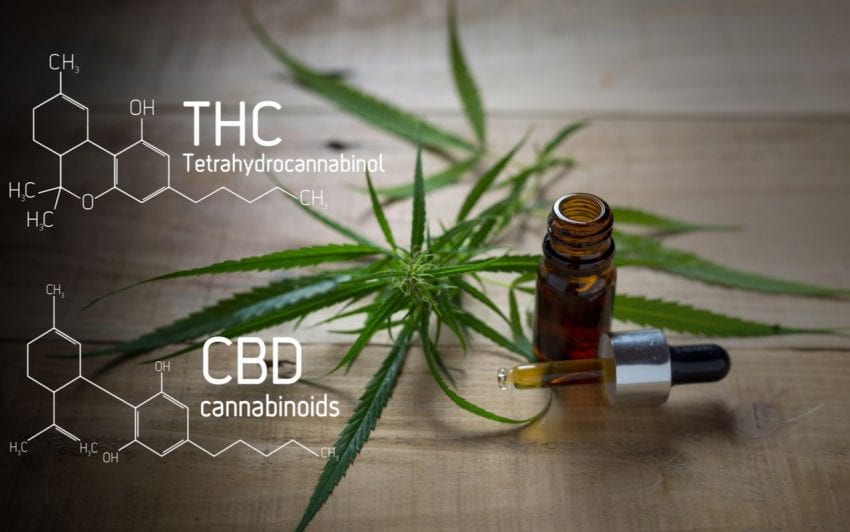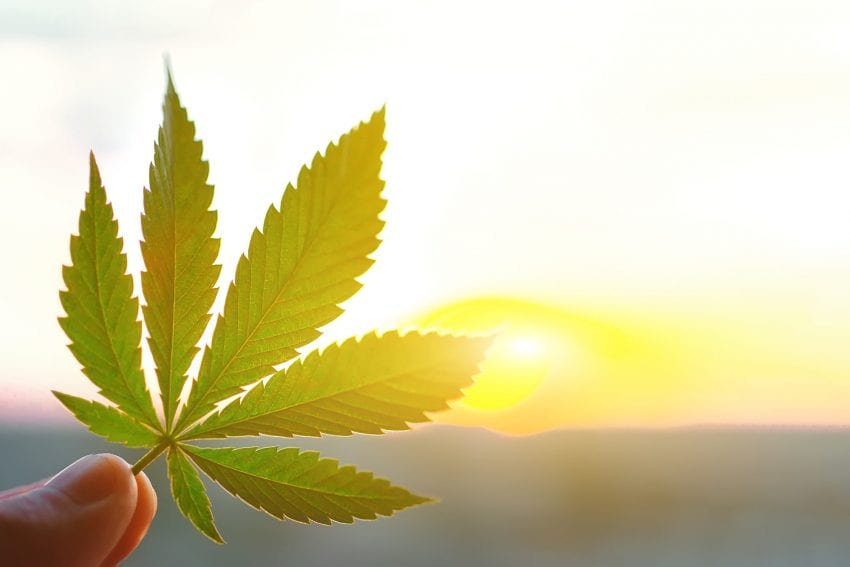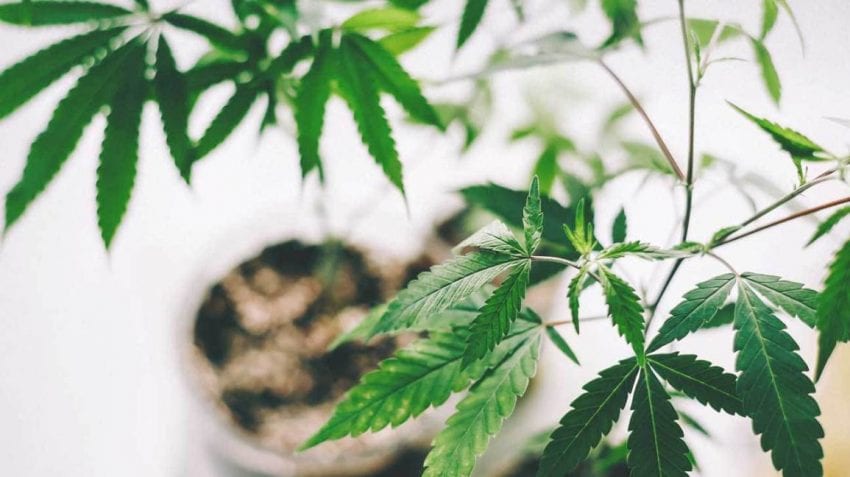Thanks to the change in cannabis law in some parts of the United States, interest in cannabis products has multiplied. People are becoming more and more curious about the cannabis product ranges available on the market. You can check out the various range of products on https://verifiedcbd.com/.
With cannabidiol (CBD) gaining popularity by the day for its extensive range of health benefits, tetrahydrocannabinol (THC) tends to be forgotten.
Since the rise of CBD-based products, THC has garnered a negative reputation and its benefits often ignored due to its psychoactive properties. THC and CBD, although compounds from the same cannabis plant, are vastly different in structure, use, and the benefits they offer.
What is the difference between CBD and THC?

CBD and THC are two different compounds found in the cannabis plant. THC is known as the psychoactive component that gives you the ‘high’ experienced after smoking marijuana.
CBD, on the other hand, is an extraction that is non-intoxicating and available as oils, tinctures, and topical products. Some hemp-derived CBD products are FDA approved which you can buy from a verified site.
These two components have the same molecular structure as 30 hydrogens, 21 carbon, and two oxygen atoms. However, the arrangement of these atoms is slightly different, and the reason for their different benefits and effects.
They interact with the human body’s endocannabinoid system, releasing neurotransmitters that relay messages throughout the body to affect a variety of functions like sleep, pain, stress, and immune responses.
Psychoactive properties of THC and CBD

As we have seen, the difference in the chemical structure of THC and CBD is what causes the difference in their psychoactive properties. When THC enters the body, it binds with receptors in the brain known as cannabinoid 1 or CB1 receptors.
This is what initiates the high and euphoric feelings you experience after smoking marijuana. CBD does not bind with the CB1 receptors, and if it does, it is a fragile bond. Additionally, CBD has been found to interfere with THC binding to the CB1 receptors.
This means that CBD assists in lessening the psychoactive effects of THC. For this reason, CBD is often used to reduce the high of THC or help people come down from the THC high they may be experiencing.
Medicinal benefits of CBD and THC
CBD has been praised for its range of health benefits as an alternative to many chemical medications. Some conditions that people are using CBD to treat include anxiety and depression, pain and inflammation, autoimmune diseases, migraines, and seizures.
THC, similarly, has a range of health benefits which are often overlooked due to its psychoactive nature that many people do not enjoy. Some conditions that people are remedying with THC include Glaucoma, insomnia, pain, muscle spasticity, low appetite; and nausea.
Side effects of CBD and THC

CBD use is often touted for having no side effects, and any side effects that are experienced are often a result of interaction with other prescription medications.
Even in relatively large doses, CBD does not seem to have harmful side effects, according to health.com. If you do take a large dose, you may only experience sleepiness and a dry mouth.
THC, on the other hand, has numerous side effects that can affect consumers. The good news is that the side effects of THC are temporary and should wear off as the THC itself wears off.
Side effects of THC include:
- Dry mouth,
- Increase in heart rate,
- Red eyes,
- Memory loss,
- Slower reaction times; and
- Issues with coordination
Long term side effects have been found in people who consumed large amounts of THC during their teenage years. Regular THC use in teens has been linked to the development of some psychiatric disorders.









